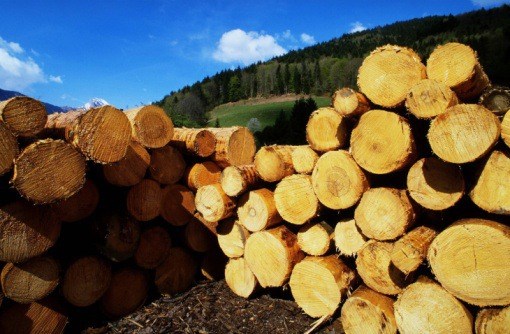The B.C. forestry industry is sliding into a crisis and a new law on the books has many observers worried it could make things worse.
Some saw mills have permanently closed, while others have recently curtailed operations.
While last year was a strong one for the industry (Canfor’s net income in 2018 was $439 million), this year is shaping up to be a disaster.
The number of mill closures could be as high as 12 when the five forest companies that own most of the public timber tenures in B.C. settle on winners and losers. Hundreds of people could lose their jobs, decimating communities.
A shrinking timber supply appears to be the main culprit, but there are factors at play.
For example, the 20-per-cent duties on softwood lumber shipments to the U.S. will begin to take their toll as lumber prices fall. As well, the NDP’s embrace of UNDRIP (which greatly strengthens First Nations’ power on land use decisions) has created uncertainty for forest companies because the rules of the game have yet to be clarified.
Also creating uncertainty is Bill 22, which amended the province’s Forests Act. The key change gives the government the power to stop forest companies from selling their logging rights to each other following a mill closure.
This practice is known as “swapping tenures” and it has allowed companies to move timber supply to other, economically healthier mills.
Most recently, Canfor announced it was permanently closing its mill in Vavenby and would sell the cutting rights tenure tied to that mill to Interfor.
So far, Forests Minister Doug Donaldson has not indicated whether he will veto the swap or allow it to proceed. It is the first big test of the legislation and has forest companies nervous.
One major forest industry official told me forest companies are best positioned to work out the inevitable “rationing” that is coming and think the government should stay out.
“Everyone is trying to figure out rationalization,” the official told me. “Government is saying you can’t decide how to restructure. But we’re struggling trying to understand under what condition the government would approve a transfer.”
One clue to what the NDP has in mind is its commitment to respecting First Nations’ interests in whatever happens on land use decisions and changes to forestry operations.
Unless I am reading things wrong, forest companies would be wise to accommodate local First Nations’ interests when embarking on the “rationalization” that must inevitably occur -perhaps to the point of taking them on business partners.
In any event, as a series of mills begin to close and hundreds of people lose their jobs, it will be interesting to see what action – if any – the NDP government takes.
Meanwhile, Bill 22 waits in the wings.
Keith Baldrey is chief political reporter for Global BC.



